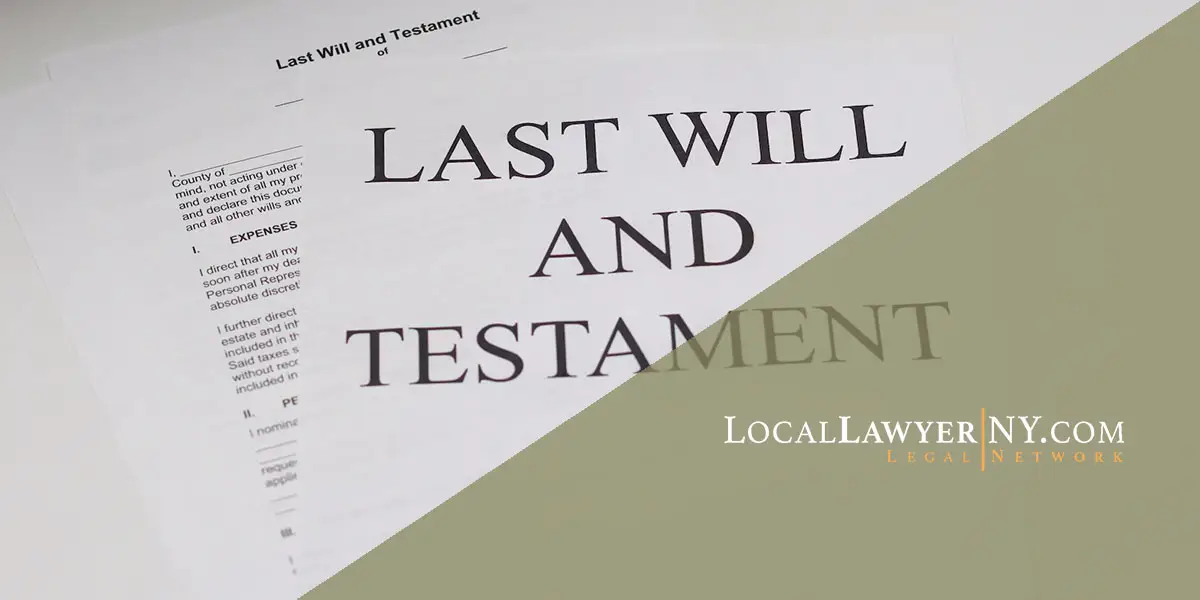Author: AlexFit
Estate Planning for Children
Certainly! Here are some critical steps to consider when estate planning for your children:
Draft a Will:
Creating a legally valid will is crucial to specify how your assets should be distributed upon death. Clearly outline who will inherit your property and acquisitions, and consider establishing trusts for your children to manage their inheritance until they reach a certain age or milestone.
Designate Guardianship:
Designate a guardian for your minor children if both parents pass away or cannot care for them. Choose someone willing to take on this responsibility, and discuss your decision with them beforehand.
Establish Trusts:
Consider setting up trusts to protect your children’s inheritance. Trusts allow you to control how and when the assets are distributed to your children. You can specify conditions such as reaching a certain age or achieving specific milestones before they receive their inheritance.
Life Insurance:
Evaluate your life insurance needs to ensure your children will be financially supported if something happens to you. Life insurance can provide a lump sum or ongoing income to cover living expenses, education costs, and other needs. Determine the appropriate coverage amount based on your children’s needs and consult a financial advisor or insurance professional for guidance.
Create Medical and Financial Powers of Attorney:
Prepare documents that grant someone you trust the authority to make medical and financial decisions on your children’s behalf in case of incapacity. These powers of attorney should clearly outline your wishes and give the designated person legal authority to act on behalf of your children.
Update Beneficiary Designations:
Regularly review and update beneficiary designations on your financial accounts, retirement plans, and life insurance policies. Ensure your children are named as beneficiaries, or consider establishing a trust as the beneficiary for controlled distributions.
Communicate and Educate:
Discuss your estate plan with your children, mainly if they are old enough to understand. Communicate your intentions and inform them about their inheritance, trusts, and guardianship arrangements. Educating them about financial responsibility can help prepare them for managing their estate in the future.
Regular Review:
Review your estate plan periodically, especially after significant life events such as births, deaths, divorces, or changes in financial circumstances. Then, update your plan to reflect any changes and ensure it aligns with your current wishes.
Conclusion
It’s essential to consult with an experienced estate planning attorney who can guide you through the process and ensure your estate plan is legally sound and tailored to your specific needs and circumstances.




